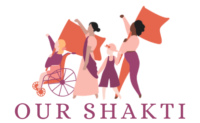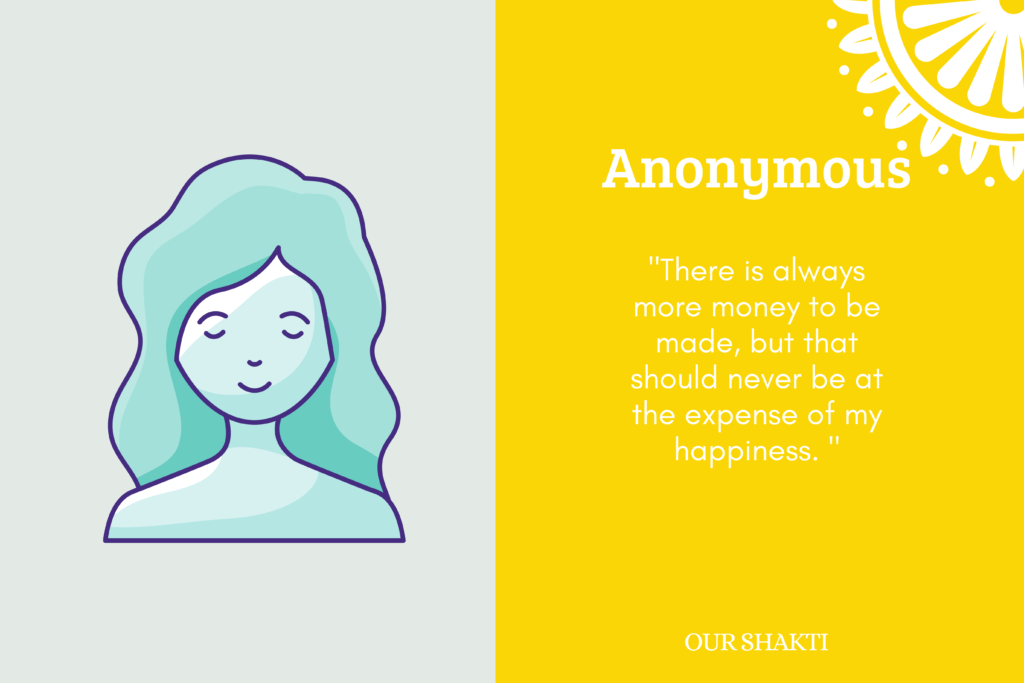I am interviewing a wise young woman about graduating during the pandemic and the transition from study to career life. She was born in Amsterdam and grew up in Almere, the Netherlands. She has done two international studies at Erasmus University & University of Amsterdam. In her spare time, she likes to go out for dinner, spend time with family and enjoy hanging out with friends or going to the cinema.
S: You graduated in 2020. How did you feel about graduating?
A: I found graduating from my bachelor’s degree quite difficult. I just came back from California from my exchange, and it was not a challenging study there. And then I suddenly came back into the hustle and bustle of studying and writing my thesis. I had a teacher who did his best to guide me, but he started at my university halfway through the year. As a result, his guidance was not really great. So, it was a stressful process for me.
After my bachelor’s study, I continued studying and started a master’s program in Amsterdam. I’m used to working hard, so despite a tough year, I didn’t think about taking a gap year, traveling or doing anything else. I really liked my master’s degree; it was also an international study. Writing my master’s thesis was again stressful. This time I wrote my thesis during a pandemic while doing a full-time internship from home at L’Oréal. I am the type of student who prefers not to take school and work home, I often did my homework and learned for my exams on campus. During the pandemic, everything had to be done from home, it was a busy and stressful period. In addition, I live at home with my parents and sisters who also were at home more often, so that didn’t make it easier. I finished my thesis in June and my internship ended in August 2020. When that was over, I felt like “Okay, I’m done, now what?”
S: How did you experience the transition from study to work?
A: The transition felt strange. You end your student life in a year in which you do not see others. At the end of the study, we received a congratulatory email, but I still have not received my diploma, so I feel like my study time has not ended yet.
I knew I wanted to work at a company where the focus was on my interests. So even during corona I was very picky when looking for a new job because I didn’t want to go to work somewhere, I had to go to reluctantly. In the meantime, I started working at the Bijenkorf to earn some extra money. Due to corona, there were few vacancies that appealed to me in the communication field. Yet I was not afraid that I would not find anything, I took the time to find a job that seemed fun to me and that made me feel good. Friends and family sometimes say that I think about it a little too easily and simply. I personally feel that if I find that if there is no future in something and I no longer enjoy it, there is no reason in doing it.
S: What’s the biggest difference between studying and working?
A: One of the biggest differences I think is that you are done with work after 5.30 and you also have your weekends to yourself. When you study, you are a student from September to July, including weekends. Another difference is that at work you are more likely to receive appreciation for the work you do. A pat on the back here and there, a compliment. As a student, you submit your work and receive a grade back. Nobody pats you on the back, haha.
S: What are the things you would like to see differently regarding the transition from study to work?
A: I think there should be a more realistic picture of what looking for a job looks like after you graduate. Searching for a job on your level can take a long time. Some people find it within 3 months and others take much longer. In addition, it also takes a long time before you have found a good match between your interests and ambitions and the work you do / company you work for. Sometimes you do not immediately end up with your dream job. There are a lucky few who achieve this immediately after graduating.
In addition, I think that educational institutions should pay more attention to offering courses during the study that focus on interviewing, writing cover letters, creating resumes, etc. This is now offered outside of studies, but it would be better if this is part of the study.
For someone like me who does not want to become a researcher or do a PhD, a thesis is not important. I would have preferred to engage in practical courses that would help me in my job search or give me relevant skills for the industry I work in.
S: To what extent do you think your study relates to the work you are doing now?
A: Hmm … I don’t think my studies are very much in line with my current job. In university you will learn about theories, concepts, ideas of the past. I am currently working in the marketing industry and at work we are not brainstorming about an idea from a man from 1900. On the other hand, practical things like presenting, working with people from other cultures, my extracurricular activities, internships, and exchanges helped to have more self-confidence as an employee. When I chose to do an international communication study in Rotterdam, I was more concerned with the experience of studying than the lessons themselves.
S: Do you feel free to choose anything other than work after college?
A: Yes! There are options other than work. I know people who work as freelancers or start something for themselves or travel to find out what they want in life. I was not raised very traditionally. I left home at the age of 19 to live alone in Rotterdam and that is quite unusual for someone from my culture. I try not to listen too much to what society says I should or shouldn’t do. I always listen to the different perspectives of friends and family, but in the end, I always do what feels best for me.
S: We belong to the millennial generation. What is typical for the millennial?
A: Many millennials are open-minded, take risks, look for a challenge. We think out of the box, don’t necessarily want to work 9-5 every day and try to come up with creative solutions for this. On the other hand, there are also people who let themselves be held back by the opinion of others or fear of what other people will say. For example, I can remember when I told my classmates at the age of 18 that I wanted to move from Almere to Rotterdam to do an international study (I did not have a bilingual education, I completed my pre-university education in Dutch) I got lots of weird looks and comments. As usual, I ended up doing what suited myself best.
S: I do indeed notice a difference with the generation before us. I also like to seek out challenges and not stay at one employer for 20 years. That is why millennials are also called job hoppers.
A: Yes, that definition suits me. I work to learn new skills and develop myself. When I’ve got the most out of a job, it’s time to move on.
S: How do you view career? What does a career mean to you?
A:
When I was younger, my dream was always to work for an international company and grow until I was the CEO. Nowadays I have a different view on this. I think it would be cool to have my own company one day. At this stage in my life I would like to work and learn a lot from others, but I hope to be able to work less and to earn more. The most important thing for me is to make enough money so that my family and I can live comfortably and enjoy our free time. My biggest goal is to live a happy and healthy life. There is always more money to be made, but that should never be at the expense of my happiness. I am not interested in a 60-hour work week and then have a burnout every other month.
S: What do employers need to consider when it comes to your perspective?
A: I think that employers should place more emphasis on moments of rest for their employees. Also, on creating a transparent work environment where it is easy to ask questions and ask for help. Do not expect employees to work from 7-19h. So, they work themselves sick. I think employers can steer much more towards taking moments of rest. “I’ve seen that you can still take vacation, do it!”
In addition, I believe that employees should be given much more freedom to make the best decision for the company themselves as they are the experts in their field.
I notice that colleagues feel pressure to justify themselves. For example, if they work from 9-17 and they have to go to the supermarket in between, they say I work longer. I’m like take it easy. Our work is super cool, but it’s not like we’re saving the world. It’s okay if you have to go to the supermarket in between and you don’t have to compensate by working longer.
There are also people who like to say that they are very busy. They use that word to show how important they are. People find their self-esteem in work; it is what defines their identity. The busier I am, the more important I am. This is a mindset that also needs to change.
S: What do you think work life will look like in 50 years?
Due to corona, working from home is normalized. I think this trend will continue. Organizations experiment with a working week of 4 days. I hope these two things have normalized by then. There are plenty of experts who say that working 5 days a week is not necessarily more productive, so I hope that we will also experiment more with that in the Netherlands.

